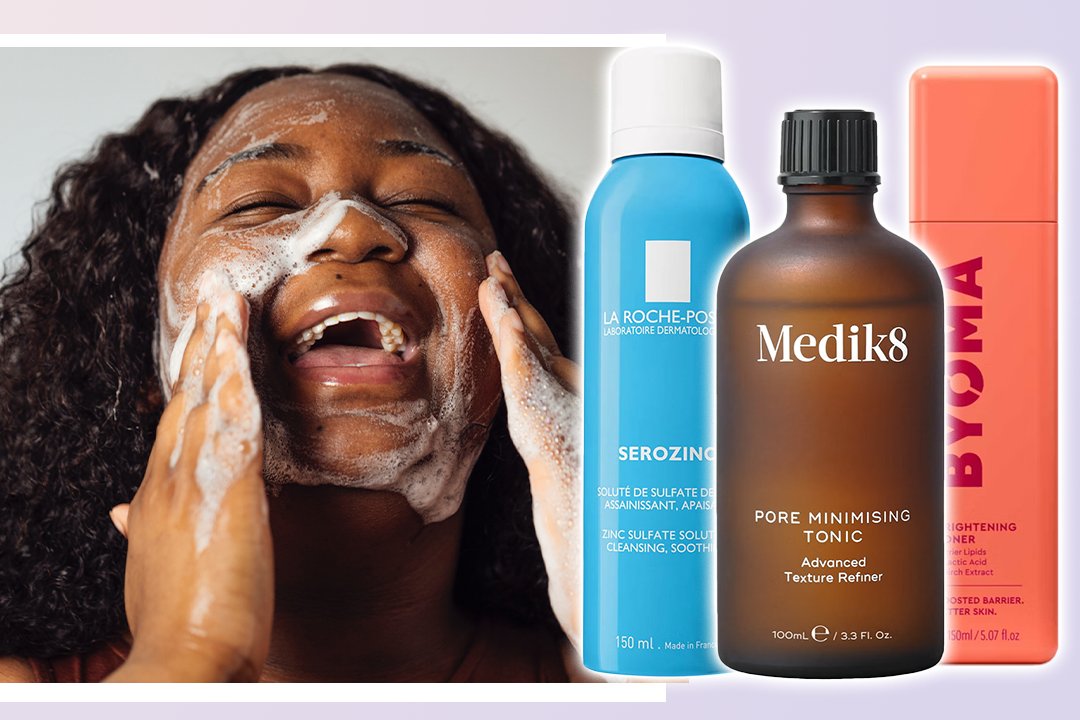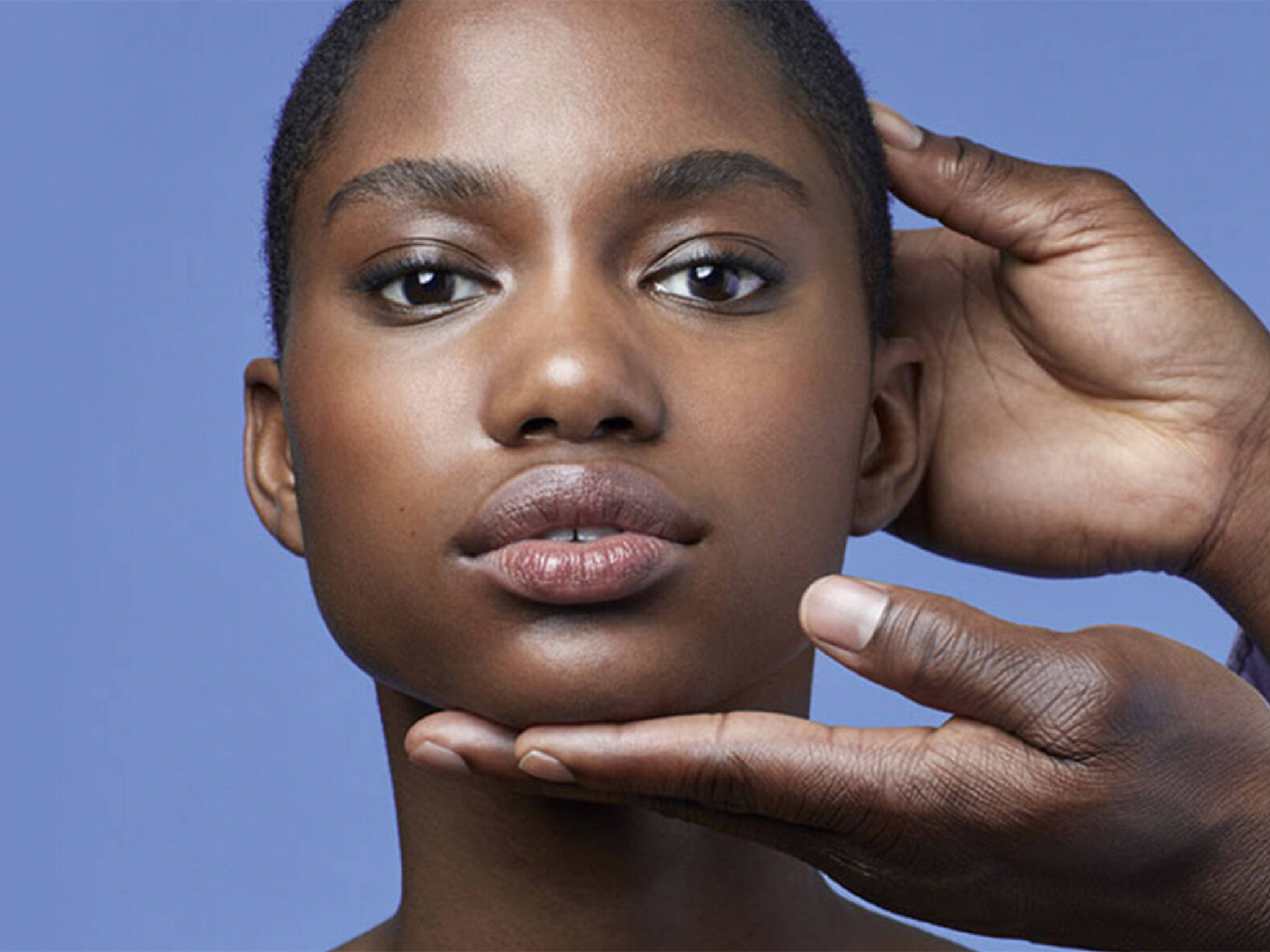The Independent's journalism is supported by our readers. When you purchase through links on our site, we may earn commission. Why trust us?
Everything you need to know about toner, according to the experts
Dr Ahmed El Muntasar and Justine Masters share everything you need to know about the often misunderstood beauty buy

Your support helps us to tell the story
This election is still a dead heat, according to most polls. In a fight with such wafer-thin margins, we need reporters on the ground talking to the people Trump and Harris are courting. Your support allows us to keep sending journalists to the story.
The Independent is trusted by 27 million Americans from across the entire political spectrum every month. Unlike many other quality news outlets, we choose not to lock you out of our reporting and analysis with paywalls. But quality journalism must still be paid for.
Help us keep bring these critical stories to light. Your support makes all the difference.
Although SPF, hyaluronic acid and retinol are regularly touted as must-have ingredients or skin-improving essentials, toner is often a trickier sell. Some people love it, others loathe it, and many simply leave it out of their everyday skincare routines, unsure of exactly what it does.
Historically, toners were “created because the pH of the cleansers was so different to the skin’s own pH levels so they needed a solution to neutralise the pH of the skin before you apply your moisturiser or SPF”, explained Dr Ahmed El Muntasar GP and award-winning aesthetician. These first-edition toners also used to be packed full of alcohol and fragrances, causing increased irritation and dryness for many people, probing their dip in popularity.
Today, they have had a formulation shift, and while they can still help cleanse and prep for other products, their primary focus is to help hydrate the skin after cleansing. Each one will offer its own benefits, whether that’s pore tightening, brightening or soothing.

What does toner do?
“Overall, toners are valued for their ability to effectively cleanse and prep the skin, as well as for the benefits they provide in tightening pores and refreshing the complexion, and they also provide the skin a base layer of hydration,” shared skin expert and facialist Justine Masters.
The main shift in toners over the years comes from the change in cleansers, as Dr El Muntasa explains. “Currently, cleansers have been so well formulated and adapted and are now absolutely fine on their own, so I think the toning step has become a little bit redundant for a lot of people. However, for the correct patient, toners are really, really important.”
These correct patients, Dr El Muntasa explains, include “those that need active ingredients within their regime. For example, with people who have acne, I occasionally prescribe a toner with salicylic acid or other ingredients to add in another active step in their routine, particularly when it comes to other conditions such as cystic acne.”
Although, according to Masters, “all skin types can benefit from a toner depending on the ingredients inside, you need to find the right toner for your skin concerns”. If you have dry or sensitive skin, Masters recommends that you “choose toners that are alcohol-free and formulated with gentle, hydrating ingredients to avoid stripping the skin of its natural oils and causing irritation”. She noted that those dehydrated and irritated skin will benefit most from “panthenol, aloe vera, chamomile, marshmallow root and glycerin.”
For acne-prone and oily skin, “look for ingredients like salicylic acid, BHA, zinc, niacinamide, willow herb and squalane”. If you’re looking to brighten and reduce pigmentation, keep an eye out for “vitamin C, niacinamide, AHAs and pumpkin seed”. Plus, remember to try to avoid ingredients such as alcohol, fragrances and perfumes.
To apply, simply add a small amount of the product to your palms and gently pat into the face post cleansing, or apply to a cotton wool pad or re-usable pad and gently swipe across the face before locking in with heavier serums, moisturiser and SPF.
What are the best toners, according to experts?
Justine Masters recommends La Roche-Posay serozinc face toner mist (£11.50, Lookfantastic.com), budget-friendly Byoma’s brightening toner (£11.99, Boots.com) and the Oskia floral water toner (£59, Lookfantastic.com).
While Dr Ahmed El Muntasar loves Dermalogica antioxidant hydramist (£49, Sephora.co.uk), Medik8’s pore minimising tonic (£42, Lookfantastic.com) and OBAGI RX clenziderm pore therapy (£35.70, Flawlessbody.co.uk).
Voucher codes
For the latest offers on skincare, make-up and more, try the links below:
Want more toner info? We love Caroline Hirons Skin Rocks option